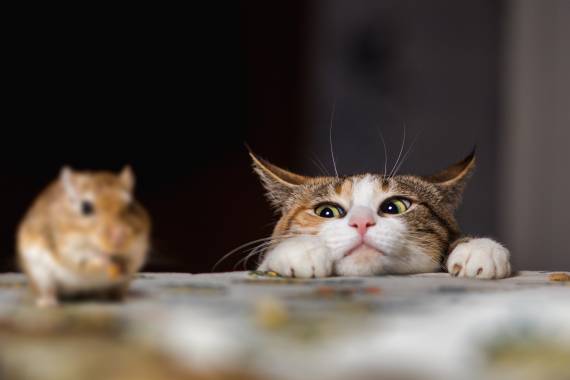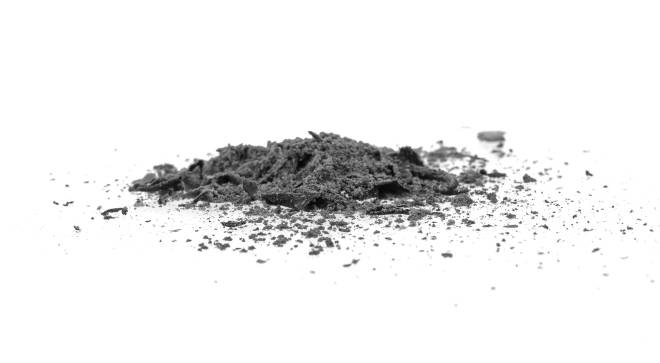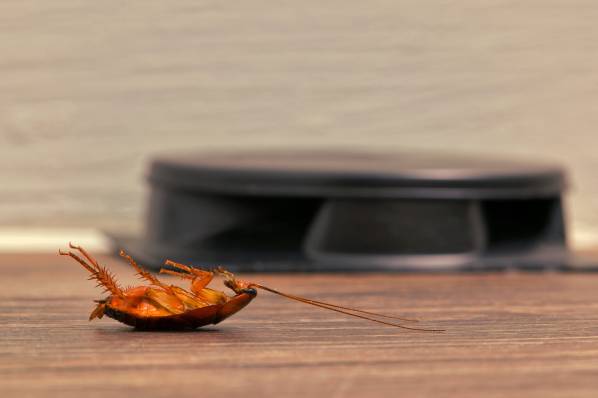Connect with a verified veterinarian in minutes. Licensed vets are available 24/7 to answer your questions. No need to worry about your furry family member.
Our kitchens are filled with all kinds of yummy ingredients, such as garlic powder. These seem like innocent ingredients until your cat decides to eat them! Cats are notorious for eating things they shouldn’t, including garlic powder. But what happens if a cat eats garlic powder?
Has your cat eaten garlic powder? Are you worried the garlic powder will make your cat sick? If so, you’ve come to the right place. We understand it can be scary when your cat eats something like this.
We’ve gathered information about garlic powder and whether it can make a cat sick. Let’s get started!
What is Garlic Powder?
Garlic powder is a spice made from dehydrated garlic that’s been ground into a powder. This spice has the same taste and smell as fresh garlic. It can be used in a wide range of recipes and cuisines. For instance, you may choose garlic powder over fresh garlic in a sauce.
The powdered version tends to dissolve into the sauce, leaving it smooth. On the other hand, fresh garlic may leave chunks in the sauce that may be undesirable, depending on the recipe.
While garlic powder is safe for humans, what about cats? Can cats eat garlic powder?
Garlic Powder & Cats
Unfortunately, garlic powder (like fresh garlic) is toxic to cats. When a cat eats garlic, the chemicals in the garlic rupture the red blood cells in her body. This can lead to a deadly form of anemia called hemolytic anemia.
This condition can cause death if not treated.

Review symptoms, medications & behavior to keep your pets healthy with a Vet Online in just minutes.
Ask a Vet Live NowSymptoms of Garlic Powder Ingestion in Cats
You may notice these symptoms if your cat has eaten garlic powder:
- Vomiting
- Diarrhea
- Fatigue
- Difficulty breathing
- Increased respiratory rate
- Increased heart rate
- Pale gums
- Collapse
If you notice these or other symptoms in your cat, call the vet immediately. This is an emergency. If your cat has eaten garlic powder, she must be treated as soon as possible.
Treatment of Garlic Powder Ingestion in Cats
Treatment depends on how much garlic powder your cat has eaten. If your cat recently ate garlic powder, the vet may try to induce vomiting and use activated charcoal.
The vet may also give your fur baby an IV for fluids and to administer medications. They will also treat other symptoms as they arise. Some cats that have severe anemia may also need a blood transfusion.
Depending on the severity of your fur baby’s symptoms, she may need to be hospitalized until she’s in stable condition.
The prognosis is best for cats who receive prompt treatment after eating garlic powder. So, it’s essential to get your cat to the vet ASAP after she eats garlic powder. Prevention is always the best medicine!
Connect with a verified veterinarian in minutes. Licensed vets are available 24/7 to answer your questions. No need to worry about your furry family member.

Julie
Julie is a graduate of the University of North Carolina, Wilmington, where she studied Animal science. Though contrary to the opinion of her parents she was meant to study pharmacy, but she was in love with animals especially cats. Julie currently works in an animal research institute (NGO) in California and loves spending quality time with her little cat. She has the passion for making research about animals, how they survive, their way of life among others and publishes it. Julie is also happily married with two kids.
Review symptoms, medications & behavior to keep your pets healthy with a Vet Online in just minutes.
Ask a Vet Live Now




